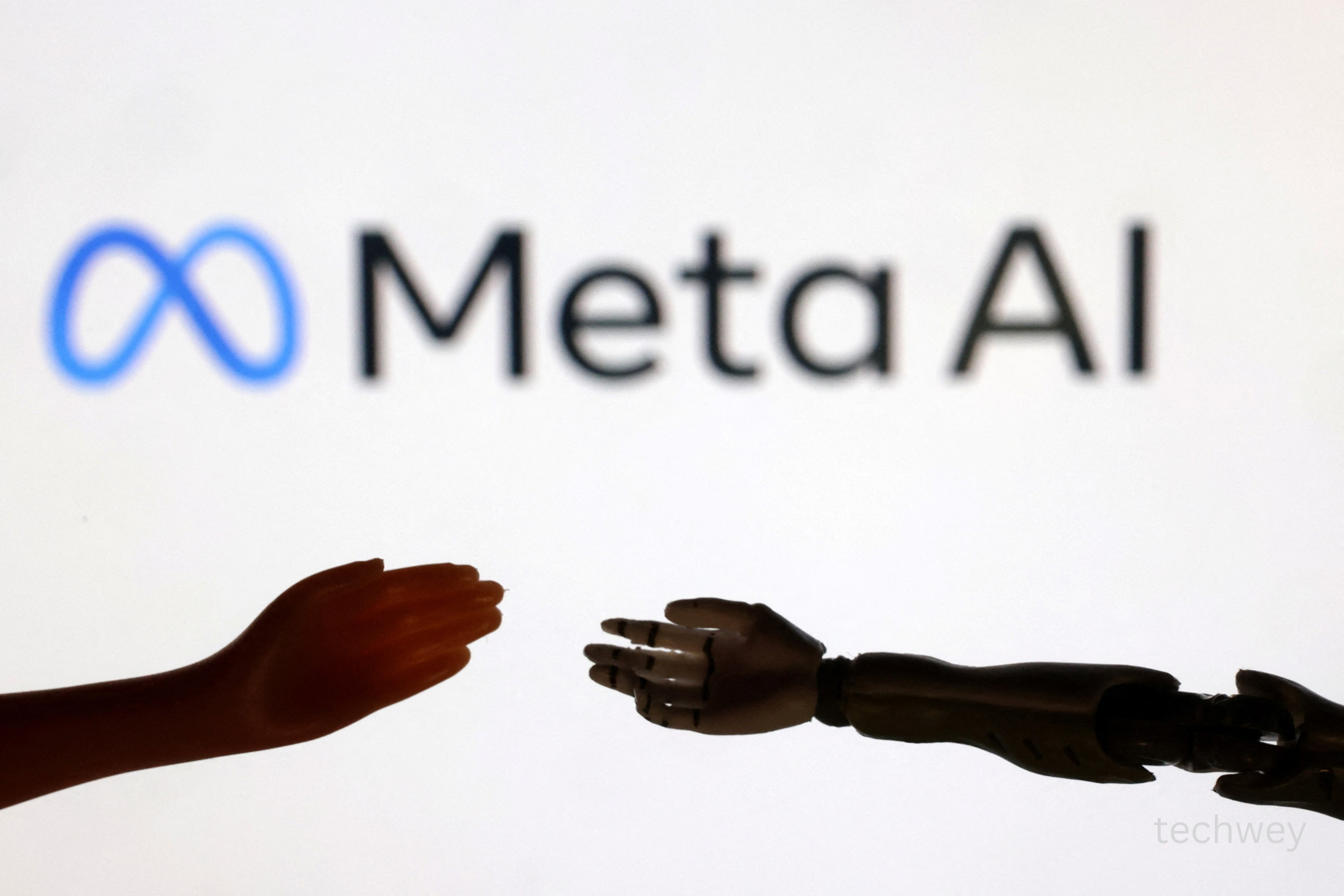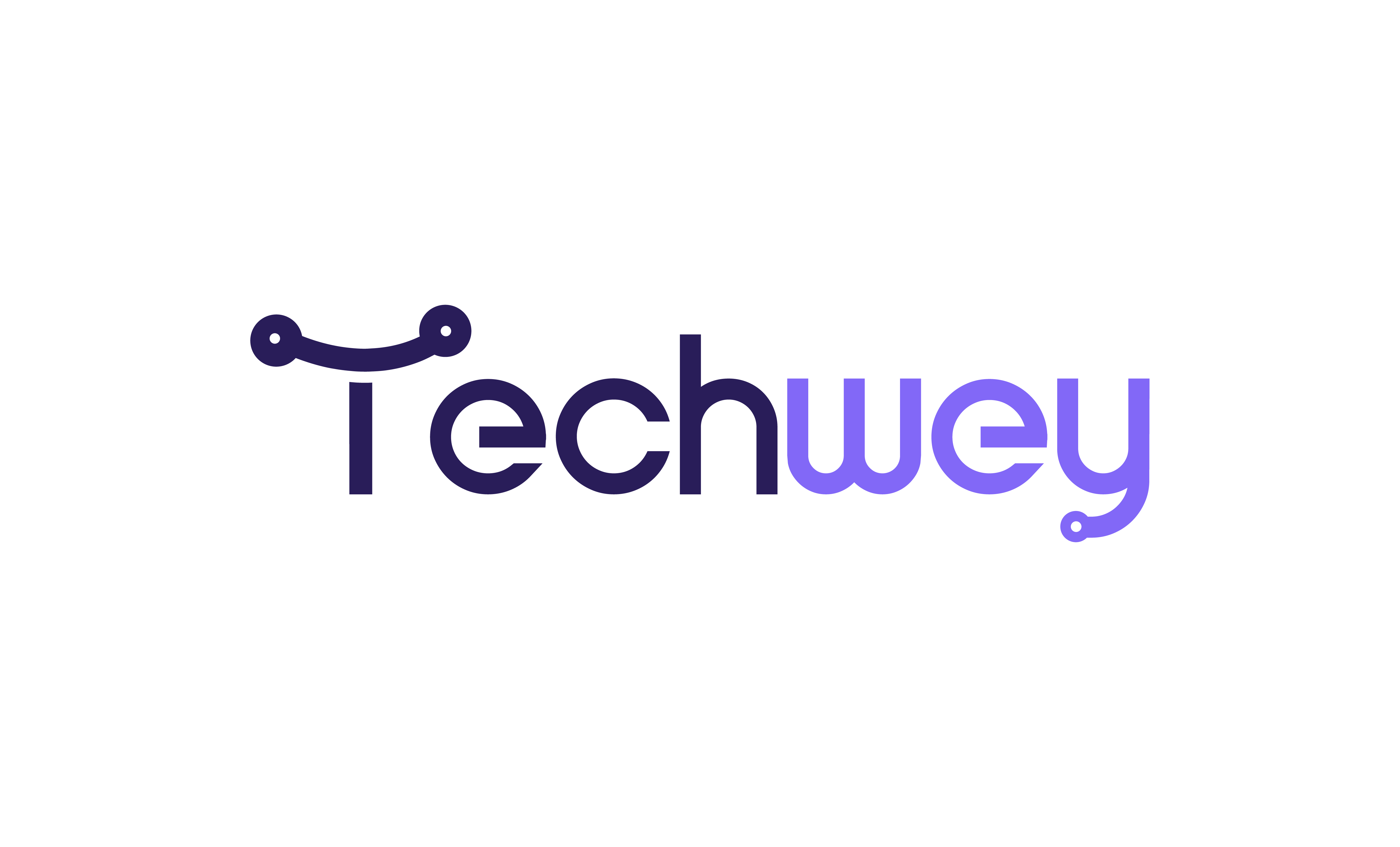
AI in content moderation is rapidly reshaping the digital world, and Meta (formerly Facebook) is leading the charge with a groundbreaking new approach.
In today’s fast-evolving internet landscape, where billions of posts, comments, and uploads happen daily, maintaining a safe online environment has become a monumental challenge. Meta’s innovative use of artificial intelligence promises not just to automate moderation tasks but to make them smarter, fairer, and more efficient.
Let’s dive deep into how Meta is integrating AI into its content moderation processes and what this could mean for the future of online platforms.
Why Content Moderation Needs AI Now More Than Ever
With over 3 billion users across Facebook, Instagram, and WhatsApp, content volume is exploding. Manual moderation alone can’t keep up. Offensive, harmful, or misleading content can spread like wildfire in seconds, risking user safety and damaging trust in the platform.
Traditional moderation methods, which heavily rely on human moderators, are:
Slow: Humans simply can’t review every post instantly.
Emotionally draining: Constant exposure to violent or disturbing content impacts moderators’ mental health.
Expensive: Hiring, training, and maintaining a large moderation team is costly.
This growing problem called for a scalable, smarter solution, and that’s where AI steps in.
How Meta Is Using AI for Content Moderation
Meta’s new strategy for AI in content moderation isn’t just about flagging posts. It’s about understanding the context behind each piece of content. Here’s what’s happening:
1. Proactive Detection
Meta’s AI systems now proactively scan content even before users report it. Whether it’s text, images, or videos, the AI looks for patterns of harmful behavior, like hate speech, harassment, and misinformation, using machine learning models trained on vast datasets.
2. Multimodal Understanding
Instead of analyzing only words or images separately, Meta’s AI now uses multimodal analysis. That means it simultaneously reviews text, image, video, and even audio components to get a full understanding of the content. For instance, a meme with a sarcastic text overlay won’t slip through the cracks anymore.
3. Region-Specific Models
Recognizing that harmful content can look very different across cultures, Meta is training region-specific AI models. This allows the system to respect cultural nuances and language differences, making moderation fairer globally.
4. Reduced Reliance on Human Moderators
While AI handles the bulk of low-risk moderation, human moderators still play a crucial role, especially in complex or borderline cases. The AI acts as the first line of defense, escalating only necessary cases to humans, making their workload lighter and more manageable.
The Benefits of AI-Driven Content Moderation
Faster Response Times
AI systems operate 24/7 without fatigue. Harmful content can be flagged and removed within minutes, if not seconds.
Increased Consistency
Unlike human moderators, who may have biases or varying interpretations, AI models can apply consistent moderation standards across millions of pieces of content.
Better Protection for Moderators
By filtering out the most harmful and traumatizing content first, AI shields human moderators from direct exposure to the worst materials, promoting better mental health outcomes.
Potential Challenges and Concerns
While the integration of AI in content moderation offers incredible advantages, it’s not without challenges:
False Positives: AI can sometimes mistakenly flag harmless content, leading to censorship complaints.
Bias in Algorithms: If the training data isn’t diverse enough, the AI might show biases against certain groups or viewpoints.
Lack of Contextual Understanding: Despite multimodal capabilities, AI still struggles with nuanced context like sarcasm, satire, or coded language.
Meta is actively investing in research to address these concerns, ensuring transparency, inclusivity, and ongoing improvement in its AI models.
Meta’s Vision for the Future
Looking ahead, Meta envisions a future where AI-driven content moderation becomes almost invisible to the user but incredibly effective behind the scenes. They aim to create safer communities without stifling free expression.
Additionally, Meta is collaborating with external academics, nonprofits, and policymakers to refine its moderation tools and ensure accountability.
Learn more about responsible AI development from The Partnership on AI
Conclusion
Meta’s new approach to AI in content moderation marks a significant milestone in managing digital spaces responsibly and at scale. By blending the power of AI with human judgment and cultural sensitivity, Meta is setting new standards for keeping online communities safe. However, success will depend on continuous innovation, transparency, and a genuine commitment to fairness.
As AI continues to evolve, content moderation will only become smarter, faster, and more sophisticated. For now, Meta’s efforts are a big step toward a safer internet for everyone.
Find more tech related articles here.






Leave a Reply